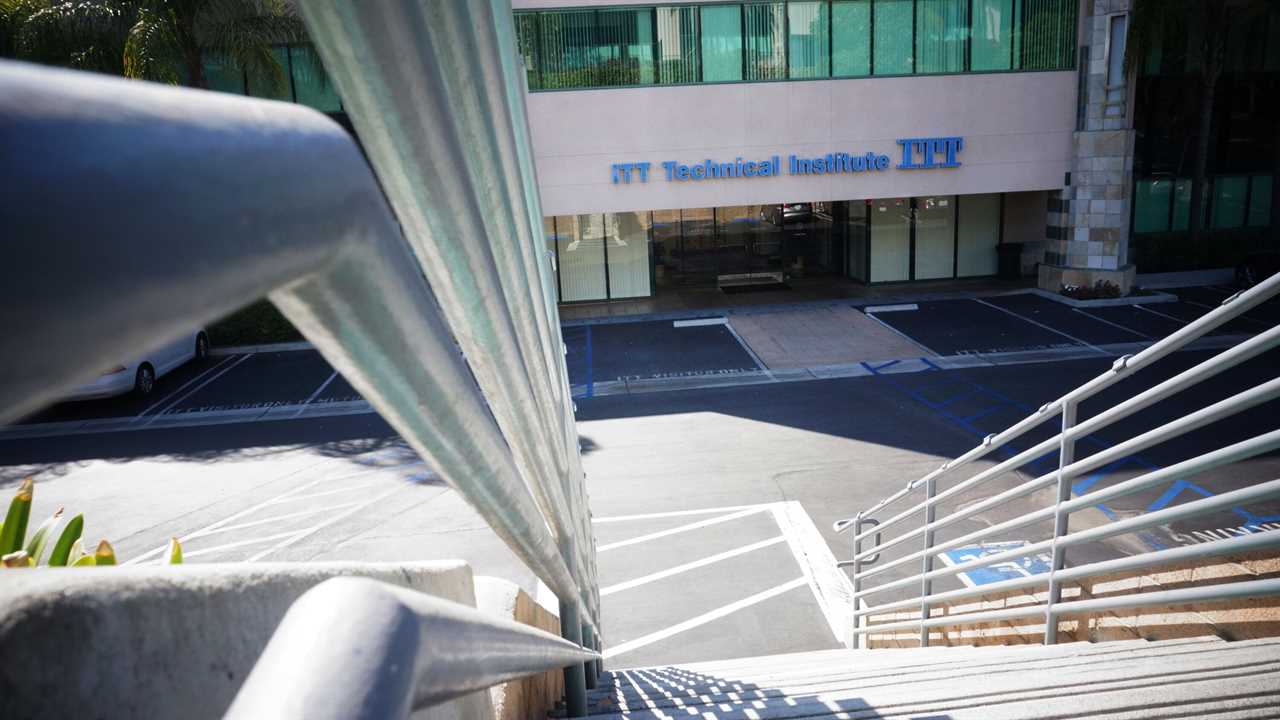
WASHINGTON — When Megan Kern decided she wanted to enroll in Pima Medical Institute, in Phoenix last year, its tax status was the furthest thing from her mind.The 37-year-old single mother was focused on finding a school that would prepare her for a stable career after struggling to raise her daughter on her own. She settled on Pima, a for-profit institution, after finding it a better match for her aspirations, and its staff more warm and welcoming, than the four-year and community colleges she had explored.“Showing my daughter that even at 37 years old, you can still go out there, get a good education and follow your dreams, meant everything to me,” said Ms. Kern, who is studying to become a surgical technologist. “I chose Pima because they were very concerned about what I wanted to do, where I wanted to go and how I could get there.”That choice may now come at a cost. Ms. Kern is one of about 900,000 low-income students attending for-profit colleges who get federal Pell Grants and could lose out on a $550 increase that House Democrats have proposed in the latest version of the social spending and climate package making its way through Congress. In a little-noticed provision, lawmakers have stipulated that the increase proposed for the grants, the largest federal aid program for low-income students, can only be used at public and private nonprofit colleges and universities, covering about five million students.The exception tracks with Democrats’ longstanding efforts to limit the tax dollars flowing to the scandal-scarred for-profit college industry. The sector became notorious when two massive chains, ITT Technical Institute and Corinthian Colleges, collapsed and left hundreds of thousands of students saddled with debt, worthless degrees and bleak job prospects. Since then, a series of school closures, and multiple investigations that found the schools employed fraudulent and predatory practices, have cost the government billions in loan forgiveness and other remedies.“Fraudulent and deceptive practices at certain for-profit institutions have already cost taxpayers more than $2.5 billion in this year alone,” said Representative Robert C. Scott, Democrat of Virginia and chair of the House Education and Labor Committee, which crafted the provision. For-profit industry leaders and Republicans say the provision is misguided and discriminatory. Settling an ideological score with the institutions, they say, will penalize the very constituencies — people of color, the working class and low-income Americans — that Democrats typically champion.The bill is still being negotiated and will need every Democrat’s support to pass the Senate under special budget rules. In a letter sent to congressional leaders last week, more than a dozen Democratic members of Congress agreed.“Make no mistake, this proposal hurts students, not institutions,” the members wrote. “And worse yet, the proposal will have a disparate impact on minority and first-generation students, which runs contrary to the policy goals of the Build Back Better agenda.”“We need to do more to bring accountability to all sectors of higher education,” they added. “However, punishing students does not accomplish that objective.”Supporters of the provision argue that the Pell grant is a coveted pot of funding — it is for the poorest students, does not have to be paid back, and covers the gamut of college expenses, including tuition, fees and room and board — that for-profit schools already eat up, with high costs and little return on investment.Research also shows that tuition at for-profits is four times as high as at public community colleges, and that their students carry significantly more debt that they are less likely to be able to pay back. Some students, for instance, who went to culinary school found themselves with as much as $50,000 in debt after graduation while earning only minimum wage.The problem of high debt and low wages is by no means limited to proprietary schools. But unlike other sectors, for-profit colleges are beholden to shareholders and have been found to hike up tuition to match financial aid increases, according to Stephanie Riegg Cellini, a professor of public policy and economics at George Washington University. “We have research showing again and again that for-profits operate differently, their incentives are different and the response to student aid is different,” she said.Democrats and some experts also stress that the long-awaited Pell increase in the social spending bill should be invested carefully; it is already less than half the $1,400 per student that President Biden had wanted.“The Build Back Better Act’s investments in higher education are targeted to provide the greatest value toBy: Erica L. Green
Title: Democrats’ Bill Would Deny For-Profit College Students Extra Aid
Sourced From: www.nytimes.com/2021/11/12/us/politics/pell-grants-for-profit-colleges-aid.html
Published Date: Fri, 12 Nov 2021 21:05:27 +0000
Read More
Did you miss our previous article...
https://badpoliticians.com/us-politics/the-us-blacklists-nso-group-an-israeli-spyware-company
 UK PoliticsWorld PoliticsVideosPrivacy PolicyTerms And Conditions
UK PoliticsWorld PoliticsVideosPrivacy PolicyTerms And Conditions
